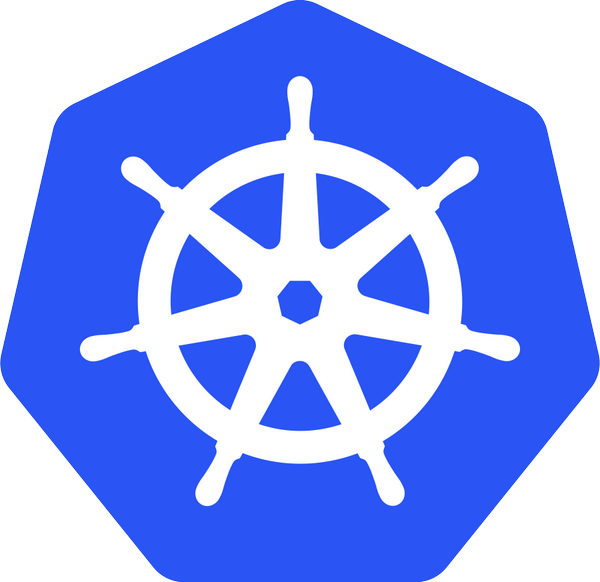
On its anniversary, get to know Kubernetes with these deep-dives and hands-on projects.
By: Seth Kenlon | Opensource.com.
When the cloud was still in its formative years, developers discovered that it was convenient to write applications in small, atomic, minimal Linux images that shared resources with the server they ran on. Technically based on kernel namespaces, these small environment definitions came to be called containers. As containers proliferated, sysadmins quickly realized it was becoming essential to develop a tool that could help them manage not only containers but also the virtualized infrastructure underneath. And that’s when Kubernetes was born.
Kubernetes is an extensible open source platform for wrangling containers. It helps administrators and developers manage workloads, services, and processes around containers. It facilitates declarative configuration and easy automation. In its relatively short lifespan, it has fostered a rapidly growing ecosystem with services, support, and tools from many companies and projects.
If you’re looking to get better acquainted with this important cloud technology, here are a few articles to help you dive deep and five projects to help you try out what you learn.
In 2016, we published Containing the container chaos with Kubernetes, an introductory article by Terry Ryan about how Kubernetes is helping admins and architects grapple with containers. If you need a ground-level introduction to what containers do and how Kubernetes makes it easy, then this is the article to read first. It assumes no prior knowledge and explains all the most important concepts, so you can get up to speed fast.
For an advanced look into some of the magic happening at the kernel level, read Jessica Cherry’s explanation of Kubernetes namespaces.
Kubernetes provides the benefits of an Infrastructure-as-a-Service (IaaS) solution (like OpenStack) and a full Platform as a Service (PaaS). It gives you abstractions for managing infrastructure and the tools you need to troubleshoot at the base level of bare metal. If you have the impulse to cling to a single bare-metal server, you might want to read Tim Potter’s take on why Kubernetes matters. His article compares IaaS and PaaS and gives his perspective on why Kubernetes has been so widely adopted. You don’t always need Kubernetes or containers, but it’s important to know when you do.